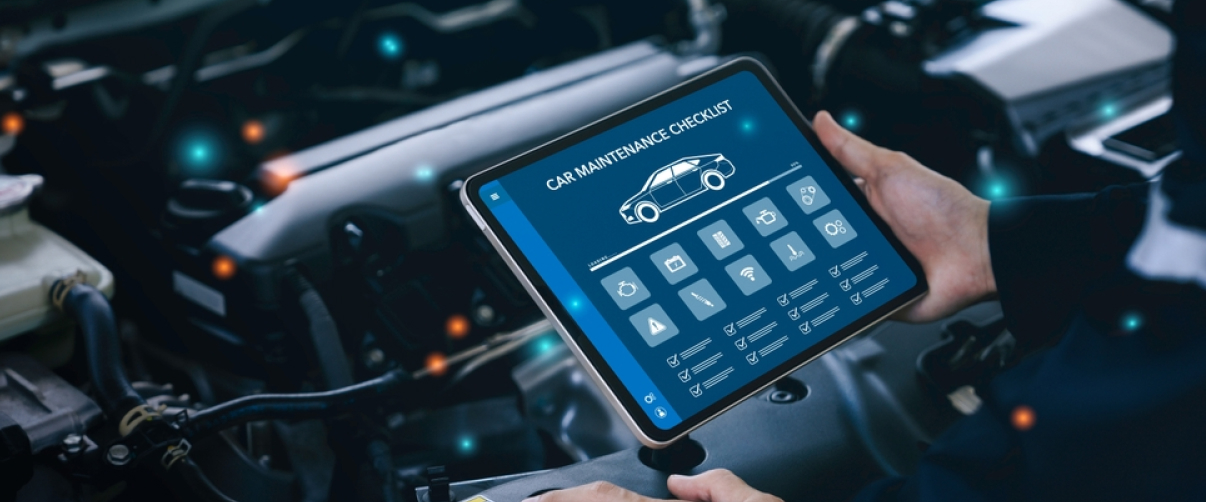Regular car inspections are crucial for ensuring road safety and maintaining the longevity of your vehicle. They help identify potential issues before they become major problems, enhancing reliability and saving on costly repairs. Understanding what to expect during a car inspection and how to prepare can make the process smoother and more efficient.
Car Inspection 101: What to Expect and How to Prepare

What to Expect During a Car Inspection
During a standard car inspection, licensed technicians examine various components of your vehicle to ensure they meet safety and emission standards. Key areas of focus include:
-
Brakes: Inspectors check for proper brake function to ensure your vehicle can stop safely.
-
Tires and Wheel Assembly: The condition of your tires, including tread depth and wear patterns, is assessed.
-
Lights and Signals: All exterior lights, including headlights, tail lights, and turn signals, are tested to ensure they are functioning correctly.
-
Mirrors and Windshield Wipers: Proper visibility is essential, so mirrors and wipers are inspected for functionality.
-
Seat Belts and Airbags: Safety restraints are examined to ensure they are in good working order.
-
Steering and Suspension Components: These are checked for wear and damage that could affect vehicle handling.
-
Emission Systems: In some states, emissions testing is part of the inspection to reduce environmental impact.
Licensed technicians at DMV locations or authorized service centers conduct these inspections to ensure vehicles are safe for the road.
How to Prepare for a Car Inspection
Preparing your vehicle ahead of time can help you pass the inspection without any issues:
-
Routine Maintenance: Address any known issues with your vehicle before the inspection. Routine maintenance and addressing any prior issues are essential steps in preparing your vehicle.
-
Check Essential Components: Ensure that your lights, horn, windshield wipers, and mirrors are functioning properly.
-
Verify Documentation: Make sure you have valid insurance, registration, and identification documents ready, as inspectors will check these. Inspectors also check for valid documentation such as insurance and vehicle identification.
-
Clean Your Vehicle: Keeping the vehicle clean can facilitate a smoother inspection process.
The Importance of Regular Inspections
Regular inspections are part of preventive maintenance and offer numerous benefits:
-
Safety: Inspections help prevent mechanical failures that could lead to accidents, enhancing safety, reliability, cost savings, longevity, resale value, and compliance with legal standards.
-
Cost Savings: Identifying issues early can save money by avoiding more significant repairs down the line.
-
Longevity of Vehicle: Proper maintenance extends the life of your vehicle, maintaining its performance over time.
-
Legal Compliance: Regular inspections ensure your vehicle complies with state and federal regulations, maintaining legal compliance.
Advancements in Inspection Technology
While traditional manual inspections are thorough, they might miss hidden damages such as rust or loose wires. AI technologies provide solutions by using image recognition to identify such damages. For instance, AI tools can quickly process images of a vehicle, offering detailed and more accurate reports to help customers make informed decisions. AI technologies, like Claim Genius’s GeniusPREINSPECT, provide a solution by using image recognition to identify such damages.
Conclusion
Understanding what to expect during a car inspection and taking steps to prepare can make the process easier and ensure your vehicle remains safe and roadworthy. Regular inspections are not just about compliance but are an integral part of vehicle maintenance that contributes to safety, reliability, and cost savings.











